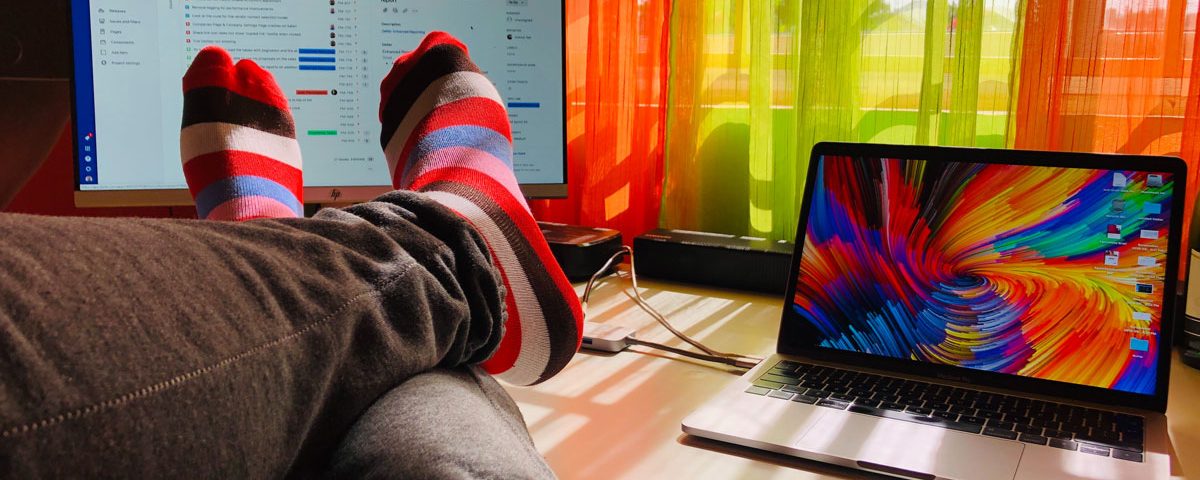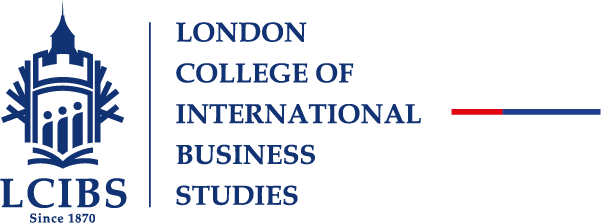Are you ready for a career you’ve never even dreamed of?
Children entering primary school today will work in jobs that don’t exist yet. And the likelihood is, so will you. In fact, according to the Dell Technologies’ Realize 2030 Report, 85% of jobs in 2030 haven’t been invented yet. That’s just over 10 years away, and will certainly affect your work life.
The question is, can you prepare yourself for an unknown job title?
Throughout history, major technological innovations such as steam powered machines in the 18th century, caused anxiety over job-losses. Yes, there were short-term losses, but as machines replaced automated tasks, people were freed up to develop higher-level skills, resulting in major economic progress and improvements in living standards. Interestingly, during the 1st Industrial Revolution, the concern was that replacing people with machines would dehumanise work, by separating people from their labour. But machines, and particularly artificial intelligence, give us a chance to make work more human. The ability to free ourselves from daily tasks enables us to hone our aptitudes in leadership, innovation, creativity, empathy and strategic thinking. These skills are uniquely human.
The problem is, our education system isn’t geared up for the shift. Alvin Toffler in his book, Future Shock (1970) theorised that “The illiterate of the 21st century will not be those who cannot read and write, but those who cannot learn, unlearn, and relearn.”
Since the 19th Century, education has been grounded in teaching conformity and knowledge. It served the purposes of large corporations where it did not pay to have minds that challenged the status quo. But what’s the point of studying an entire text book when a computer can process thousands of textbooks in a second. Or why learn a specific procedure for completing a task when intelligent machines can execute a myriad of tasks instantaneously.
The jobs of the future are the ones machines can’t do. They rely on artistic expression, social interaction, collaboration, empathy and even physical acuity. The leaders of the future are those who can imagine a new society and meet the challenges that it poses.
Alibaba founder, Jack Ma, spoke at The World Economic Forum, saying: “If we do not change the way we teach, the world will be in trouble. Our education is knowledge based, and we cannot teach our kids to compete with machines. We have to teach them something unique so that machines can never catch up with us.”
Even Microsoft CEO, Satya Nadella, believes that empathy is ultimately what sets humans apart. “The ability to understand and feel what others experience is critical. If I look at what is Microsoft’s core business, it’s about being able to meet the unmet and unarticulated needs of customers, and there’s just no way we are going to be able to succeed in doing that if we don’t have that deep sense of empathy.”
How can education be rewired?
Most colleges are designed around the consumption of knowledge. At the London College of International Business Studies (LCIBS) our courses are designed to get learners questioning. Students learn to innovate rather than replicate. They are challenged to think and problem solve, and to query information rather than memorise textbooks. We provide the opportunity to develop a sense of collaboration and empathy through working with like-minded peers.
I believe that lecturers and teachers should be able to challenge, not just teach. At LCIBS our faculty is made up of experts in innovation, creativity and strategy. They’ve applied these skills to current businesses, taking global corporations to new heights in the 4th Industrial Revolution. They’ve mastered the ability to navigate the unknown, rather than just being experts in the known.
For us to thrive in the 4th Industrial Revolution, we need a learning revolution. It doesn’t mean going back to primary school, but starting with a new kind of executive education today.







